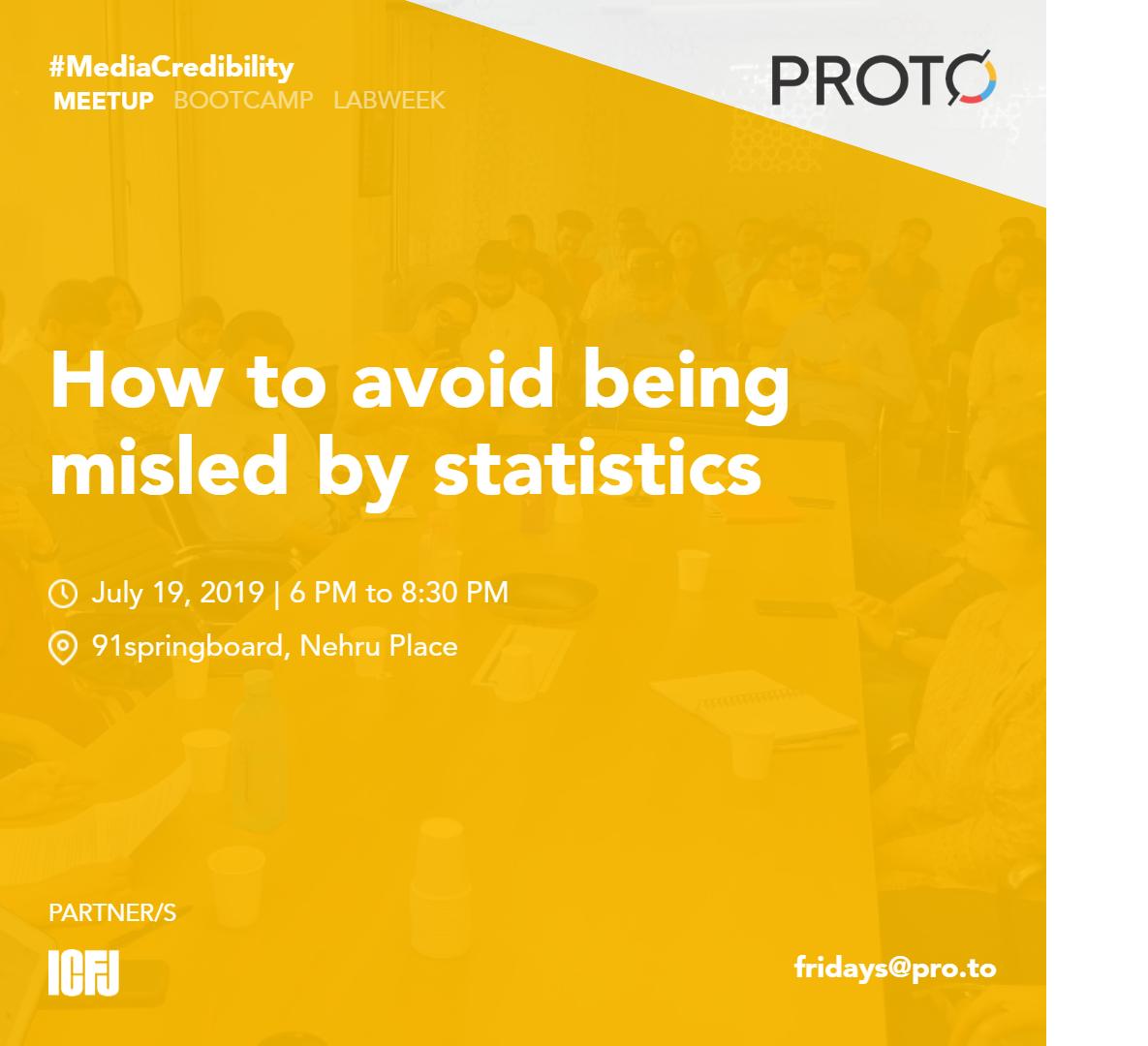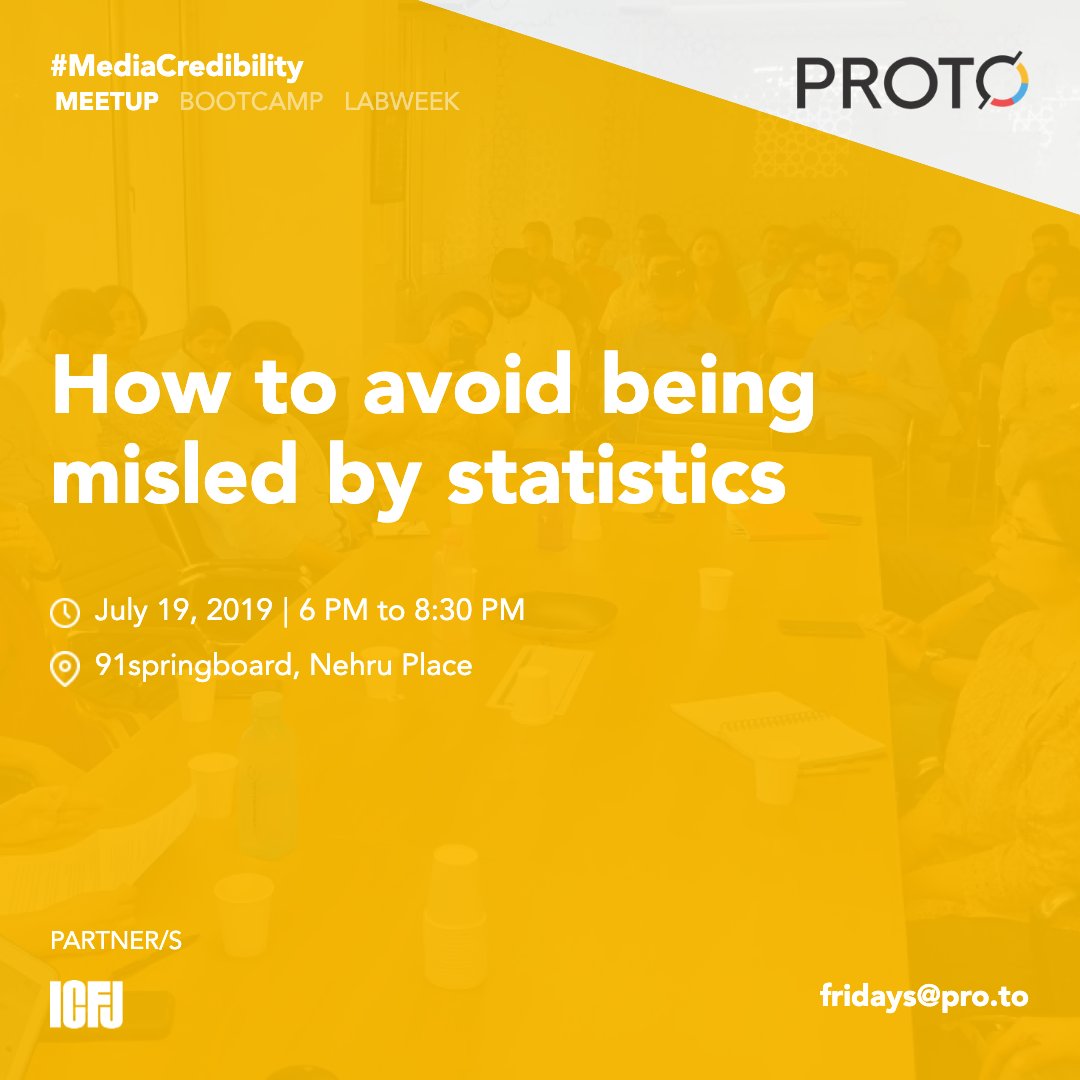Here is a climate change perspective on why this is not just a lie, makes open defecation hard to eradicate.
Others have argued this point, and have done the research: riceinstitute.org/research/30001…
I want to look at how EVEN if the government's data was right it is a failure.
Even if every individual has access to a toilet, the toilets have to have water to be cleaned, to function.
An unclean toilet is worse than no toilet at all, a breeding ground for disease.
Crucially no Centrally run scheme can address this. Water and sanitation are local issues.
The reason why this is important is that water, and the preservation of water bodies, is a municipal issue.
Even our wealthiest cities - Delhi, Bombay, Bangalore - are a disaster during the rains.
A striking example is the cleaning up of Nainital Lake, which happened because the Uttarakhand High Court was moved there, and judges acted.
I submit to you that we will not have High Courts in every small town where mismanaged urbanisation is choking water resources.
In other words: longer periods of drought mixed with intense rainfall.
When we send trains of water to drought-hit Maharashtra, do you think sanitation will be a priority, or survival?
Will we be open defecation-free during droughts?
You understand that when flood waters reach toilets, they only spread the filth around, no?
There are toilets designed to deal with it: thethirdpole.net/en/2017/09/05/…
I will bet none have been built by SBA funds.
The IMD reports this year on how far from average the monsoon was are self-explanatory: thethirdpole.net/en/2019/09/06/…
Nevertheless, programmes like SBA weaken that very thing.
In both cases the successes in fighting open defecation comes from decisionmaking closer to the people.
"earlier, when Bhutan’s health monitoring system did not differentiate between sanitary and unsanitary toilets, nor recorded whether toilets were used. Thus overall coverage was misleadingly high at 95%, said Yonzan....
~~
Bangladesh's example is also important, because the key to fighting open defecation was not just empowering local actors, but also women.
"“Women in rural areas are vulnerable when it comes to the use of latrines,” said Islam. “Brac’s participatory rural appraisal started including both men and women..."
Whatever we say on Oct 2, the shit is going to to stick to us for some time.
-end-




